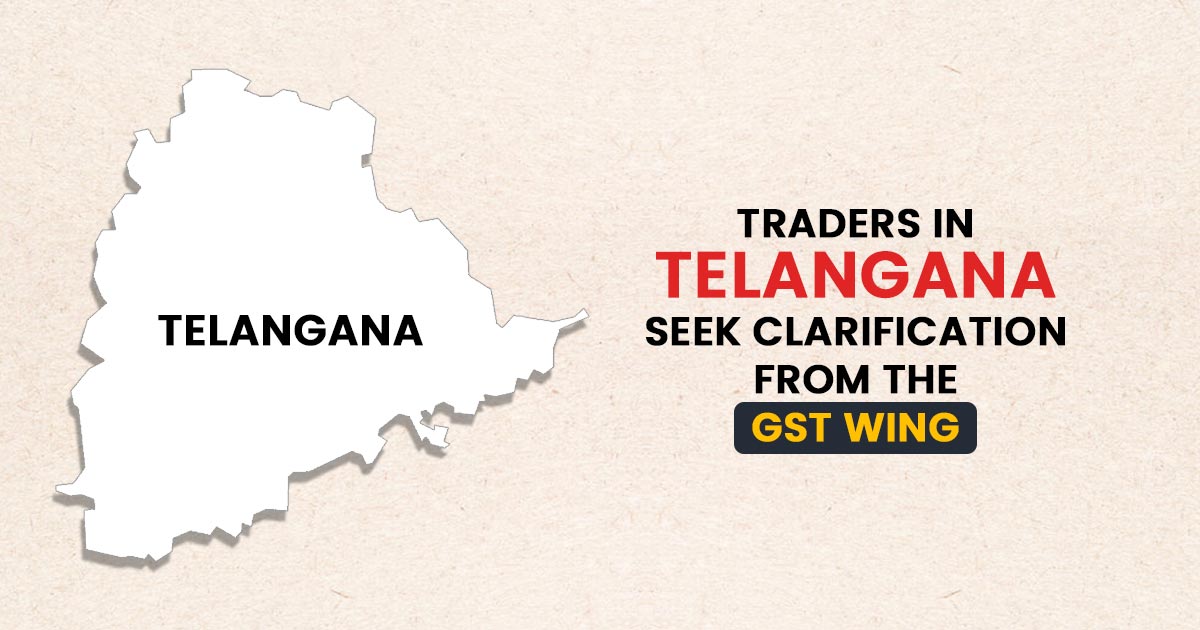
The Telangana GST department needs to issue policies for the note of caution issued by the Central Board of Indirect Taxes and Customs (CBIC) establishing the dos and don’ts but is yet to do so. The rules were issued to ease tax investigations, summons, and searches with a direct focus on streamlining business procedures and preventing harassment of the business community.
The state GST department ought to issue its cautions to its officials under the board’s note. This is attempted to evade deviations in approval between the two wings of GST administration and SGST. Various complaints that officials from the state have not been obeying the CBIC cautions CBIC for those from the DGGI (Directorate General of GST Intelligence).
Enhancing clarity and efficiency in the tax procedures while protecting the interests of taxpayers is the motive of the standard operation procedure (SOP).
After careful consideration, the guidelines were approved during the DGGI annual conference conducted in Goa on November 28 and 29. Any investigation across states and units shall be carried out by DGGI which operates in 26 zonal units where their headquarters are located. To stop the practice new guidelines have been established.
DGGI (Directorate General of GST Intelligence) units are now limited from starting any investigation outside their zonal jurisdictions.
After an investigation consequence in chasing the chain of the bogus taxpayers, it sought that it is required to find the ultimate taxpayer’s jurisdiction, and the information collected is needed to be intimated to the respective jurisdiction authority, which will consequently take action.
The summons preventing unclear or general expressions like “this someone is issued in connection with a GST inquiry” must secure the specific nature of the inquiry being initiated or undertaken. It is clear from the instructions that the data on the GST portal must not be called for.
A request outside the purview of the CGST Act should not conveyed through the summons.
A one-year time limit has been set for concluding an investigation. It guided that where more than 1 officer is carrying a probe on a single taxpayer on diverse subject matters, the investigation may be merged and assigned to one officer. It marks the first time that a grievance redressal system has been furnished for businessmen.